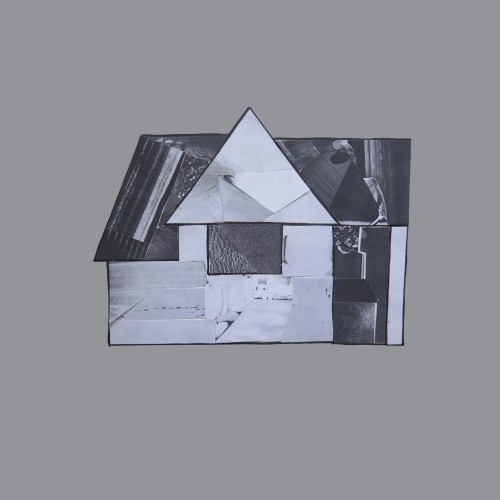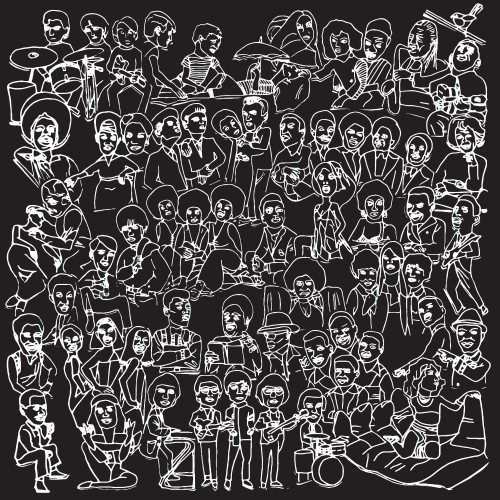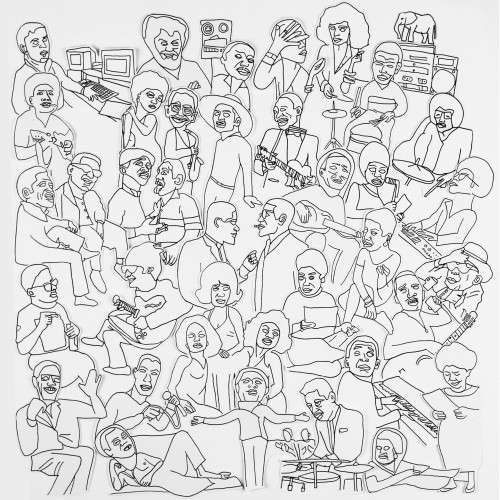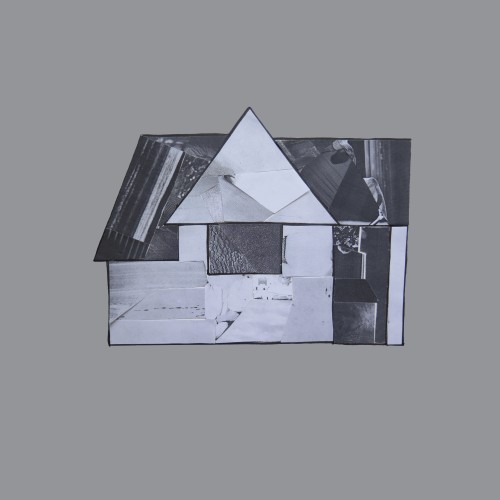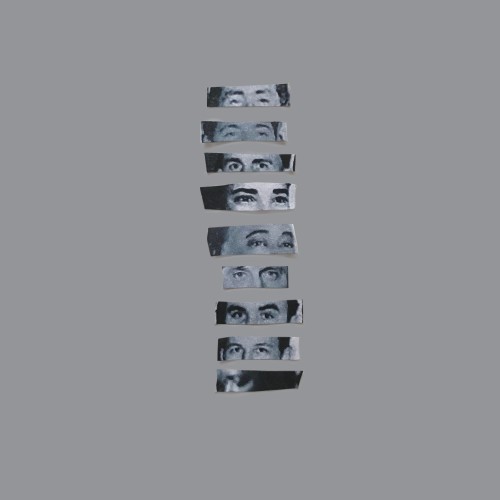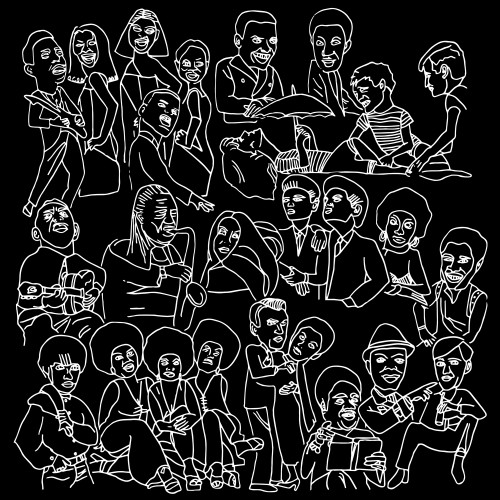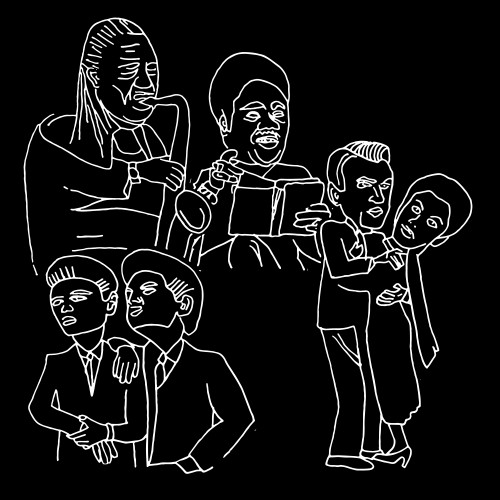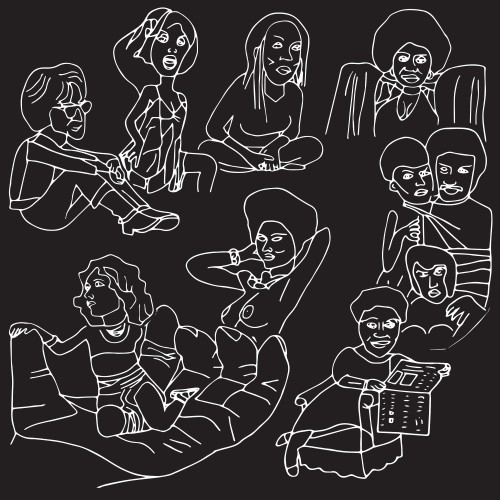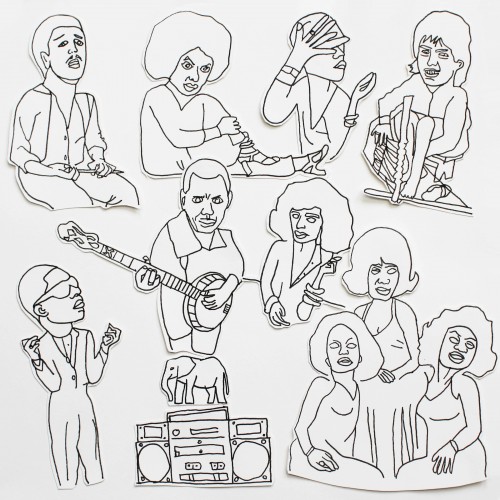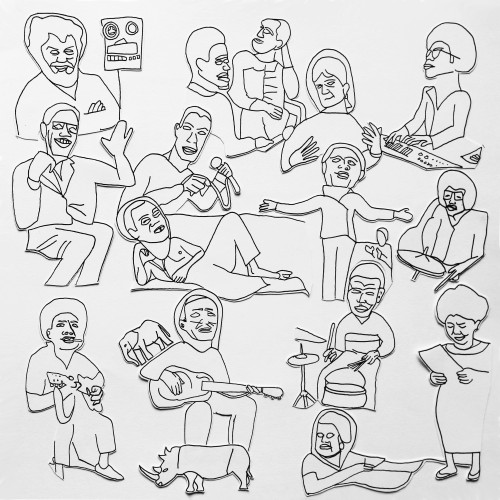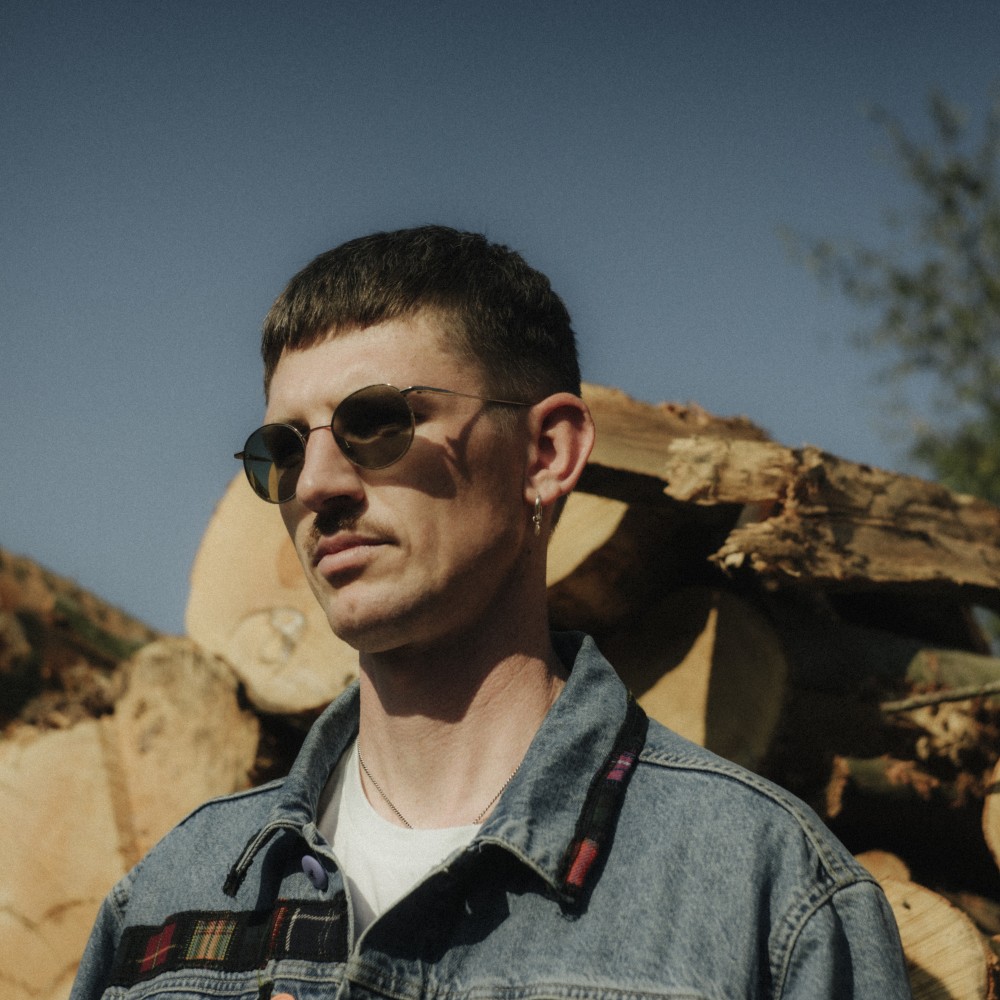
Romare
On Ninja Tune
BIOGRAPHY
Following stints as a drummer and guitarist throughout school and university (where he undertook studies in African American Visual Culture), Romare—real name Archie Fairhurst—began mixing his own music with samples from second hand records after picking up a pair of turntables and making a move to Paris. This early exploration of a cut’n’paste style proved to be a hugely fruitful approach, and remains central to his work today.After signing to the undergrou...
Following stints as a drummer and guitarist throughout school and university (where he undertook studies in African American Visual Culture), Romare—real name Archie Fairhurst—began mixing his own music with samples from second hand records after picking up a pair of turntables and making a move to Paris. This early exploration of a cut’n’paste style proved to be a hugely fruitful approach, and remains central to his work today.
After signing to the underground UK label Black Acre in 2012, Fairhurst put out his first release in March of that year. He began to play shows, making enough money to finance a move to London. Ensconced in the vast musical melting pot of the capital, he began work on his second EP ‘Love Songs: Part One’, and saw his songs included on compilations by heavyweights such as Bonobo, Tiga and Gilles Peterson.
His debut album, “Projections”, was released by Ninja Tune in 2015 to widespread acclaim. Voted ‘Album of the Year’ by DJ magazine, it received rapturous reviews across the board and established Fairhurst as a producer to watch, with Mixmag lauding “a meticulous touch that seems to run through everything he does”.
Returning with “Love Songs: Part Two” in 2016, his second album showed Romare expanding, deepening and developing his techniques. Although sampling from vinyl still played a key role in his practice, Fairhurst played much more of the music on this new record, from monophonic synthesisers to his grandmother’s recorder and his dad’s mandolin, with electric bass, plus a variety of guitars and keyboards taking central roles, too. His sample sources had changed a little, too, moving from the jazz and blues which distinguished “Projections” to disco and psychedelic.
Critical acclaim for the album came from the likes of The Guardian, who hailed the record as “experimental psychedelic love songs bound together by gelatinous alien synths and a low-key jazz melody”. Additional support came from Pitchfork, Dazed, Mixmag, Metro, the Evening Standard and many more. His tracks have also been championed across the radio spectrum by Annie Mac, Benji B, Huw Stephens and Phil Taggart at BBC Radio 1; Gilles Peterson, Lauren Laverne, Tom Ravenscroft, Mary Anne Hobbs and Nemone at BBC 6 Music; In the US by Zane Lowe at Beats 1, and DJs from KCRW, NTS, Triple J and many more.
With over 150 shows under his belt in the last two years alone—both with his live band, and as an increasingly in-demand DJ—Romare has played to audiences across the world, including stops at iconic venues such as Berghain/Panorama Bar, Printworks, The Warehouse Project, KOKO and Oval Space. He joined both Bonobo and Nightmares On Wax on their US tours, playing venues like Terminal 5 and Output in New York and Smart Bar in Chicago, has played shows across India and Australia, and held two sold-out London residences, first at Phonox and most recently at the Jazz Cafe (with Africaine 808, LB aka LABAT, Larry de Kat, YAM Records and Wah Wah 45’s Dom Servini). Towards the end of 2019 Romare set out on a US tour which included live shows at Elsewhere in Brooklyn, Los Angeles’ 1720 and August Hall in San Francisco. Festival appearances have included Primavera, All Points East, Parklife and Dimensions.
Indeed, this increased demand for his work as a DJ has caused Romare to develop his approach to production, made apparent on his new 12”, “Gone”, released 27th September on Ninja Tune. The two tracks—recorded in the same period that he acquired an electric organ and “whilst watching the seasons change from winter to summer in the new studio set up in the garden”—represent his most intentional and direct nod to the dancefloor to date, which Resident Advisor described as “An engrossing eight minutes of cinematic house music”.
4 years on from his last full length album, Fairhurst returns with new album “Home” - released 24th July 2020 on Ninja Tune, his 3rd album on the label. The release marks a new chapter in Fairhust’s life with a move out of London to the countryside and starting a family. “The move has given me peace and quiet” he comments. Shifting from themes of love and romance on “Love Songs: Part Two”, “Home” explores spirituality, identity and belonging. During the past few years Fairhurst has moved away from purely sample based music, developing his use of instruments in his music and experimenting with different tools, both old and new. These tools include a vintage organ he found in a local charity shop, his dad's old 12-string guitar, re-assembling his childhood drum kit from the 90’s and a tape player which allowed him to start sampling from cassette tape.
Romare
On Ninja Tune
Singles
Latest News
BIOGRAPHY
Following stints as a drummer and guitarist throughout school and university (where he undertook studies in African American Visual Culture), Romare—real name Archie Fairhurst—began mixing his own music with samples from second hand records after picking up a pair of turntables and making a move to Paris. This early exploration of a cut’n’paste style proved to be a hugely fruitful approach, and remains central to his work today.After signing to the underground UK label Black Ac...
Following stints as a drummer and guitarist throughout school and university (where he undertook studies in African American Visual Culture), Romare—real name Archie Fairhurst—began mixing his own music with samples from second hand records after picking up a pair of turntables and making a move to Paris. This early exploration of a cut’n’paste style proved to be a hugely fruitful approach, and remains central to his work today.
After signing to the underground UK label Black Acre in 2012, Fairhurst put out his first release in March of that year. He began to play shows, making enough money to finance a move to London. Ensconced in the vast musical melting pot of the capital, he began work on his second EP ‘Love Songs: Part One’, and saw his songs included on compilations by heavyweights such as Bonobo, Tiga and Gilles Peterson.
His debut album, “Projections”, was released by Ninja Tune in 2015 to widespread acclaim. Voted ‘Album of the Year’ by DJ magazine, it received rapturous reviews across the board and established Fairhurst as a producer to watch, with Mixmag lauding “a meticulous touch that seems to run through everything he does”.
Returning with “Love Songs: Part Two” in 2016, his second album showed Romare expanding, deepening and developing his techniques. Although sampling from vinyl still played a key role in his practice, Fairhurst played much more of the music on this new record, from monophonic synthesisers to his grandmother’s recorder and his dad’s mandolin, with electric bass, plus a variety of guitars and keyboards taking central roles, too. His sample sources had changed a little, too, moving from the jazz and blues which distinguished “Projections” to disco and psychedelic.
Critical acclaim for the album came from the likes of The Guardian, who hailed the record as “experimental psychedelic love songs bound together by gelatinous alien synths and a low-key jazz melody”. Additional support came from Pitchfork, Dazed, Mixmag, Metro, the Evening Standard and many more. His tracks have also been championed across the radio spectrum by Annie Mac, Benji B, Huw Stephens and Phil Taggart at BBC Radio 1; Gilles Peterson, Lauren Laverne, Tom Ravenscroft, Mary Anne Hobbs and Nemone at BBC 6 Music; In the US by Zane Lowe at Beats 1, and DJs from KCRW, NTS, Triple J and many more.
With over 150 shows under his belt in the last two years alone—both with his live band, and as an increasingly in-demand DJ—Romare has played to audiences across the world, including stops at iconic venues such as Berghain/Panorama Bar, Printworks, The Warehouse Project, KOKO and Oval Space. He joined both Bonobo and Nightmares On Wax on their US tours, playing venues like Terminal 5 and Output in New York and Smart Bar in Chicago, has played shows across India and Australia, and held two sold-out London residences, first at Phonox and most recently at the Jazz Cafe (with Africaine 808, LB aka LABAT, Larry de Kat, YAM Records and Wah Wah 45’s Dom Servini). Towards the end of 2019 Romare set out on a US tour which included live shows at Elsewhere in Brooklyn, Los Angeles’ 1720 and August Hall in San Francisco. Festival appearances have included Primavera, All Points East, Parklife and Dimensions.
Indeed, this increased demand for his work as a DJ has caused Romare to develop his approach to production, made apparent on his new 12”, “Gone”, released 27th September on Ninja Tune. The two tracks—recorded in the same period that he acquired an electric organ and “whilst watching the seasons change from winter to summer in the new studio set up in the garden”—represent his most intentional and direct nod to the dancefloor to date, which Resident Advisor described as “An engrossing eight minutes of cinematic house music”.
4 years on from his last full length album, Fairhurst returns with new album “Home” - released 24th July 2020 on Ninja Tune, his 3rd album on the label. The release marks a new chapter in Fairhust’s life with a move out of London to the countryside and starting a family. “The move has given me peace and quiet” he comments. Shifting from themes of love and romance on “Love Songs: Part Two”, “Home” explores spirituality, identity and belonging. During the past few years Fairhurst has moved away from purely sample based music, developing his use of instruments in his music and experimenting with different tools, both old and new. These tools include a vintage organ he found in a local charity shop, his dad's old 12-string guitar, re-assembling his childhood drum kit from the 90’s and a tape player which allowed him to start sampling from cassette tape.

